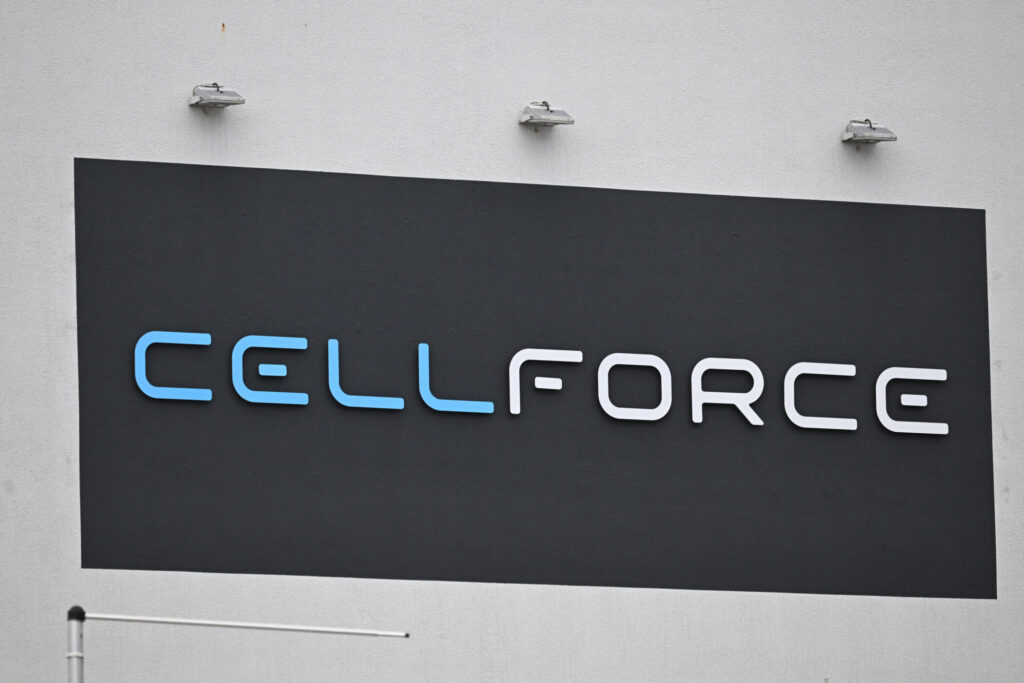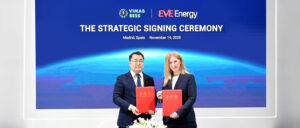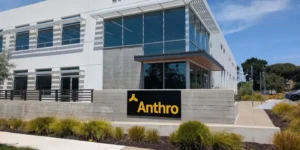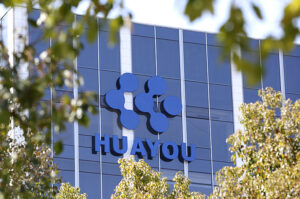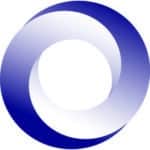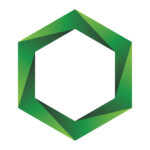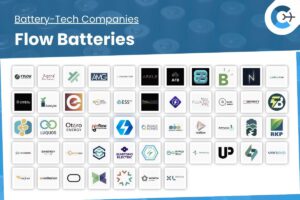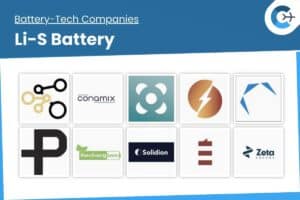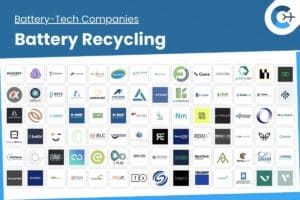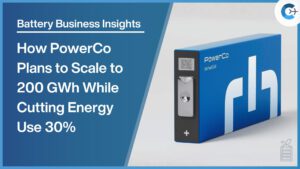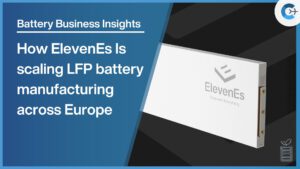Porsche is reportedly set to implement significant reductions at its battery subsidiary Cellforce, with plans to retain only a small research and development unit at the Kirchentellinsfurt, Germany, site. According to a recent report from Der Spiegel, approximately 200 of Cellforce’s 286 employees are expected to be laid off after the company informed local authorities of a planned mass dismissal.
The strategic realignment follows an executive board decision in April 2025 to halt independent expansion of high-performance battery production at Cellforce. Originally founded as a joint venture between Porsche and Customcells, Cellforce was fully acquired by Porsche in 2023. Early projections had called for up to 20 GWh of annual cell production, a goal that was reversed earlier this year.
Despite seeking outside investors in recent months, Porsche was unable to secure a partner to take over the pilot production facility, which had been funded with €57 million in public support—70 percent from the federal government and 30 percent from the state of Baden-Württemberg. The Der Spiegel account suggests the remaining operation will be limited to development activities, with employees to be briefed on August 25.
Several factors have contributed to the subsidiary’s difficulties. Development costs rose as the company shifted cell designs multiple times—from pouch cells to prismatic, and then to cylindrical formats—and invested in high-cost “Made in Europe” equipment. Concurrently, Porsche’s overall financial performance was affected by weaker-than-expected electric vehicle sales in China and newly imposed U.S. import tariffs, prompting the company to lower its full-year revenue forecast for 2025.
Earlier discussions with two potential battery-industry partners reportedly failed to produce a rescue deal, and Porsche now faces the possibility of repaying regional subsidies if Cellforce is liquidated. In parallel, Porsche’s Varta-renamed subsidiary, V4Smart, has unveiled a second-generation cylindrical battery cell incorporating a new anode material from partner Group14. This product, aimed at automotive and non-automotive sectors such as aerospace and power tools, represents an alternative focus for the company’s battery innovation efforts.
Source: electrive.com

